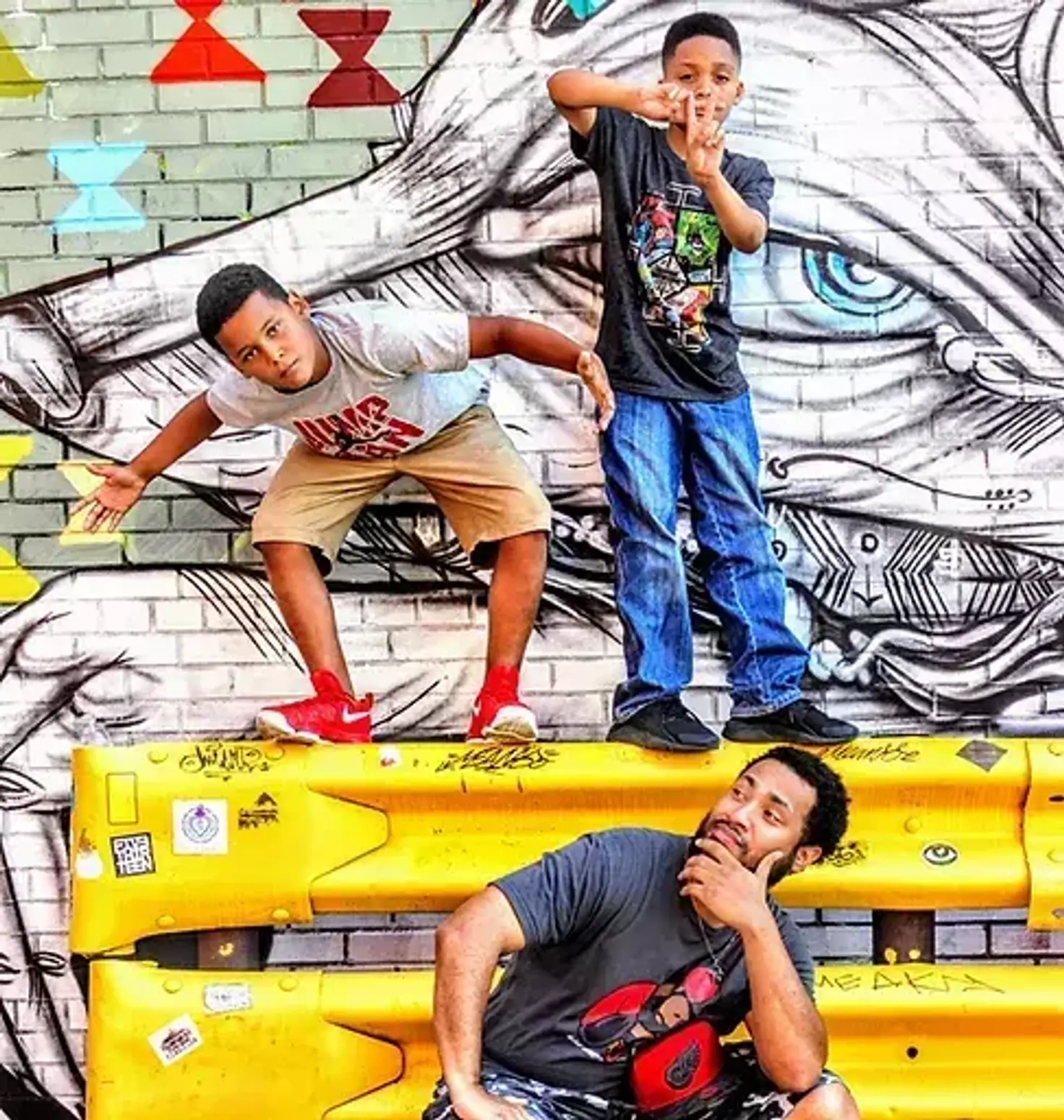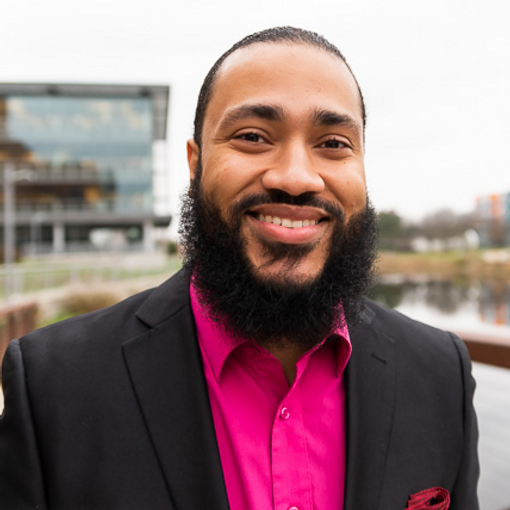
Words by Tess Becker
Detroit, Michigan, used to be one of the big industrial towns in the United States, with most of the city’s economy centering on car manufacturing and other mechanical jobs of the like.
At one point, Detroit was the fourth most populous city in the country, but as car companies and manufacturers started shutting, the city saw a steep decline, and with it, the quality of life for people in the city abruptly changed.
This ended up affecting those who couldn’t afford to leave the city the most. With that though, came a spirit, synonymous with Detroit, of ruggedness and adaptability, and soon followed the saying “Detroit Strong.”
This is something that Class Act Detroit tries to instil in the kids that it helps, providing an outlet, particularly through music, which kids can express their feelings and experiences through.
Class Act Detroit was founded in 2017 by Rashard Dobbins, an experienced performer and production professional in the music industry, who wanted to empower the youth in his city and help them be who they truly are.

“No matter what you end up doing – nursing, Pastor, teacher, lawyer – it doesn't matter, what’s important is that bring your most authentic self,” Rashard tells Smiley News.
He also wants to use the cultural connection that many Black and brown people have to hip-hop to promote healing and growth.
“Class Act Detroit is this vehicle for community change, using hip-hop,” he says. “That's authentic to us but it's also authentic to the population that we serve because hip-hop has always been a youth-led, so-called Black and so-called brown movement.
“It's always been about racial healing. It's always been about expression and giving a voice to the voiceless.”
What they do for kids
In the classes and options they provide for kids, Class Act Detroit tries to cover many aspects of the culture of hip-hop, like DJing and beat-making, graffiti and street art, and dance. They also highlight youth development for these kids so they have a foundation for future endeavors. And again, they use the diversity and variety of hip-hop to make this happen.
“No matter where you're from, if you're from Memphis, if you're from here, Detroit, there are so many traditions,” Rashard says. “[Hip-hop] creates that opportunity to get instruments in kids' hands, but at the same time, give them a beat machine that can emulate any sound, sample and recycle and upcycle any sound in this culture and their country, and have that identity.”
He just wants to help the kids land something they want to do.
“Our goal isn't to have an army of kid DJs, although we have that,” he says. “I want you to do and be great and successful in anything of your choosing, and to have the community that you need to get there.”
The best part of it for Rashard is the joy that the work brings to the kids.
“Just seeing the smiles on our kids' faces, and seeing them be great at DJing, and how that translates to the grades or being on a step team and giving them confidence, and them trying something that they never would have tried before,” Rashard says. “To me, that's what matters.”
To find out more and support, visit Class Act Detroit's website.